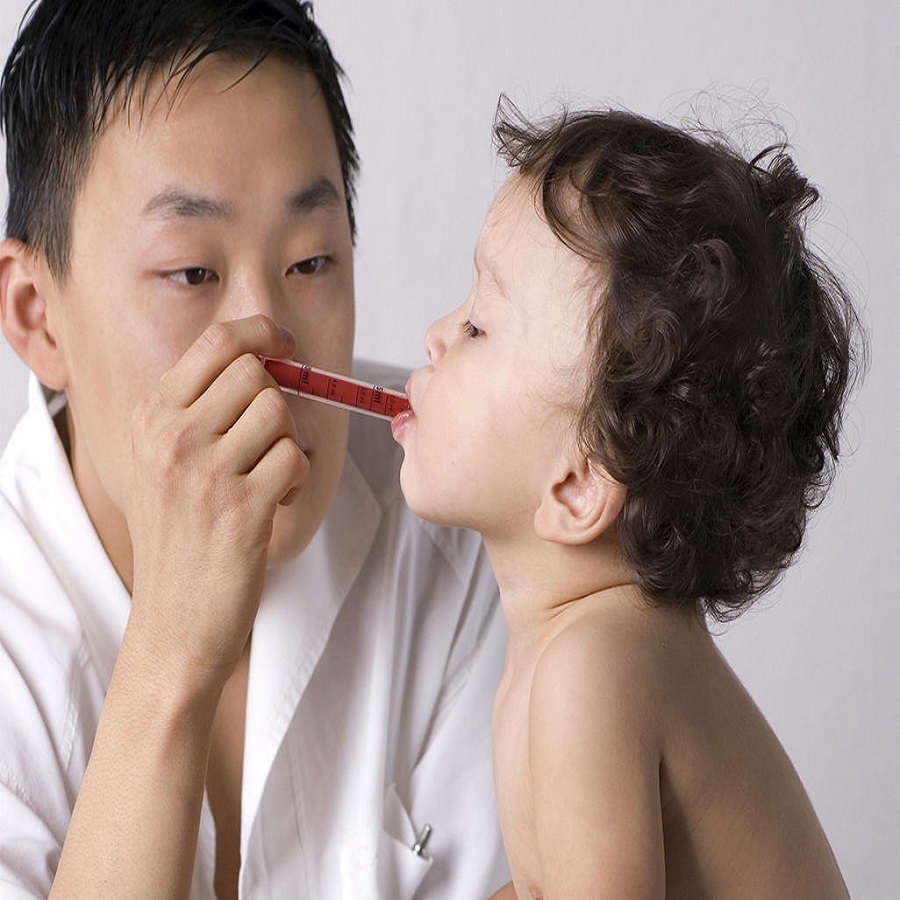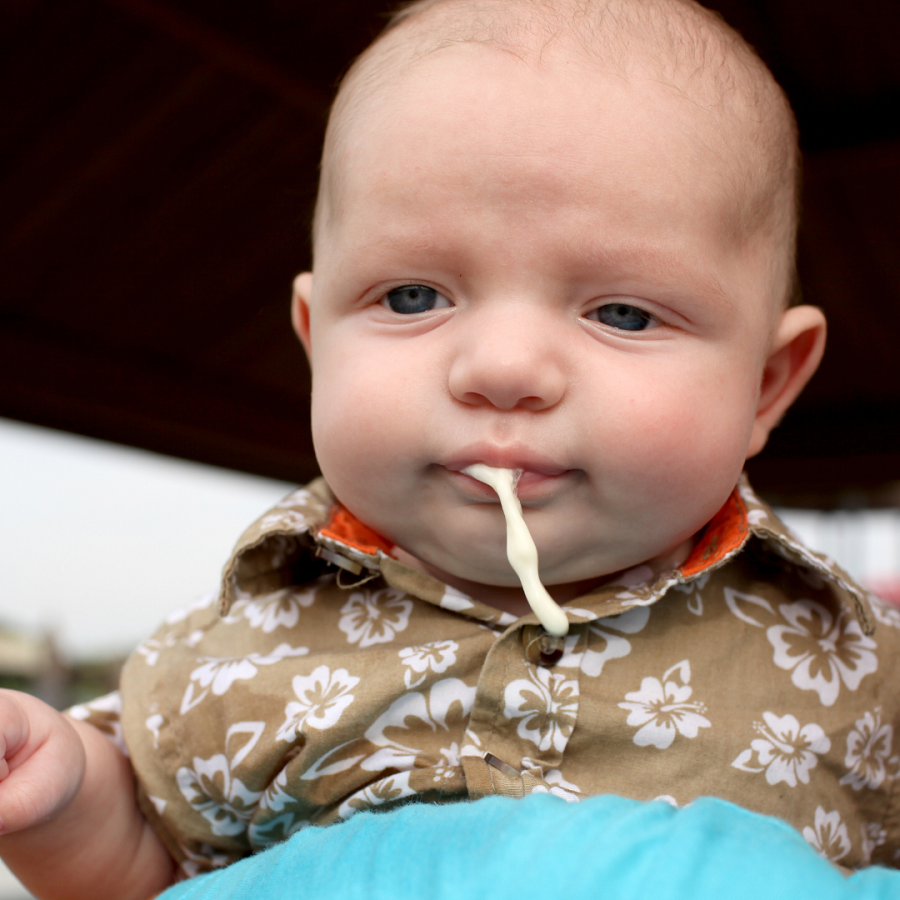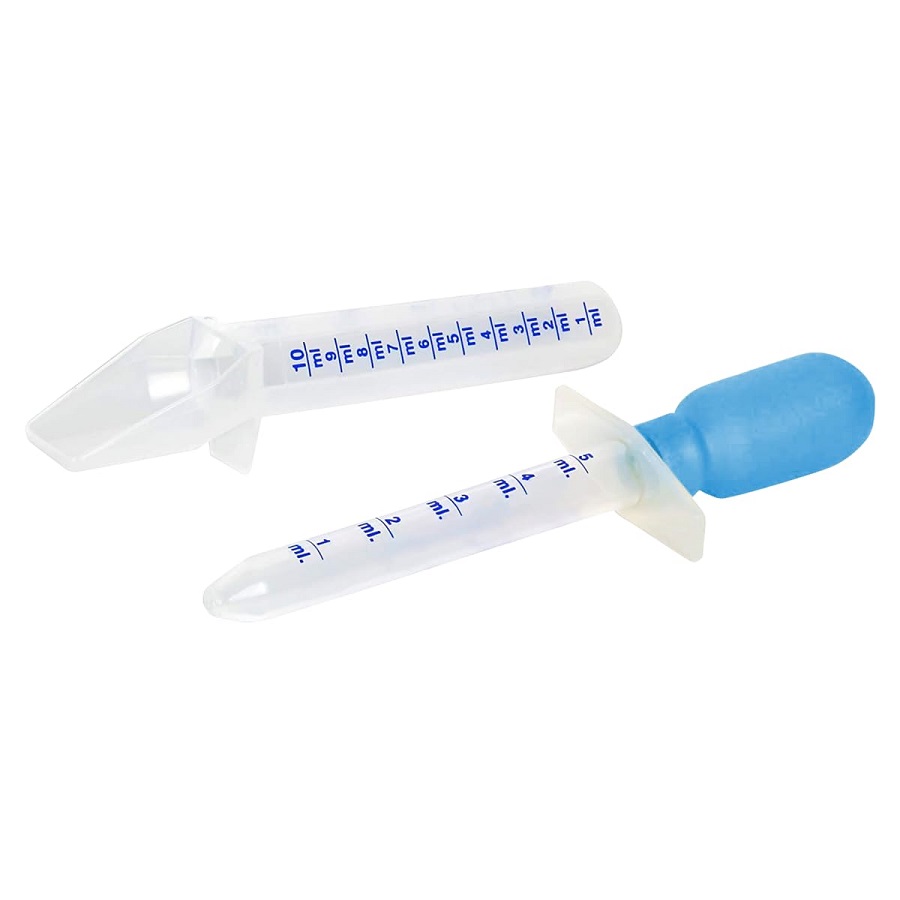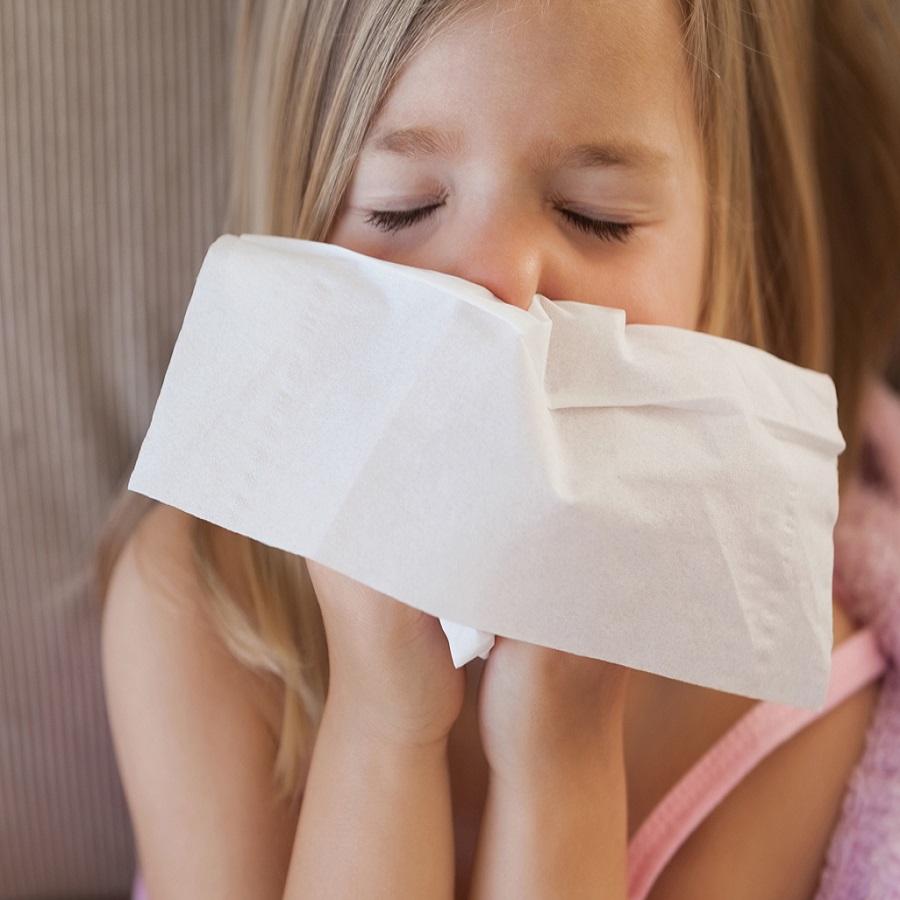The Importance of Correct Medication Dosage for Toddlers
When it comes to toddlers, getting the dosage right is vital. Their little bodies are not only small but also developing. This means they process medications differently from adults or older children. Too little medicine might not be effective, and too much can cause harm or unwanted side effects. As a parent or caregiver, ensuring your toddler gets the right amount of medication can be challenging.
To begin with, always read labels carefully. They provide important information about the dosage based on your toddler’s weight or age. If anything is unclear, ask your doctor or pharmacist. They will guide you on the right amount to give.
Use appropriate tools like pediatric measuring devices or syringes for accuracy. Avoid using kitchen spoons as they are not precise. Also, stick to the prescribed times for giving medication. Do not delay or give it earlier than advised.
Make certain that the entire dose is taken. If a toddler spits out medicine, they might not get enough of it. You need effective strategies to ensure they take it all. This could be through mixing with food, using rewards, or practicing with similar tasks.
Lastly, monitor your toddler after giving medication. Look for signs of improvement in their symptoms. Also, watch for any adverse reactions. If you notice anything unusual, contact your healthcare provider immediately.
Correct dosage is not just about effectiveness; it’s also about safety. It’s critical to follow guidelines and seek professional advice to ensure your toddler’s health and well-being when they need medication.

Strategies for Administering Medicine to Toddlers
Handling medicine time with toddlers requires some smart strategies. Here’s how to make the process smoother for both of you.
Make Medicine Time Predictable
Create a daily routine that includes taking medicine. This way, your toddler knows what to expect. Associate it with fun activities to build a positive association.
Offer Choices
Allow your toddler to choose between options. For example, would they prefer to use a syringe or a spoon? Giving them control eases resistance.
Mix Medicine with Food Carefully
If mixing medicine in food, choose something your toddler likes but not something essential to their diet. This prevents them from refusing important foods.
Be Upfront and Honest
Explain in simple terms why medicine is necessary. For example, ‘This helps your ear feel better.’ Honesty builds trust between you and your child.
Use Rewards and Praise
Reward your toddler after taking medicine. Stickers or a small, healthy treat right after can work wonders.
Practice with a Syringe and Water
Before using real medicine, let your toddler practice taking water from a syringe. This helps them get used to the sensation.
Encourage Swallowing Skills
Help your toddler practice swallowing using small, safe items like sprinkles. This prepares them for larger pills in the future.
Safety First
Never refer to medicine as candy. Always supervise your toddler until they’ve swallowed the entire dose to ensure safety.
With love, patience, and these strategies, you’ll help your toddler take medicine without spitting it out and maintain their health.

Mixing Medication with Food and Drink: Best Practices
When it comes to giving medicine to toddlers, mixing it with food and drink can help. However, there are best practices to follow to ensure this is done safely and effectively:
- Choose Neutral Foods: Pick foods that your toddler enjoys but won’t reject later. Avoid favorites that they must eat regularly.
- Mix Thoroughly: Be sure the medicine blends well with the food to disguise the taste. A homogeneous mix ensures the correct dose in each bite.
- Inform Your Toddler: Let your child know medicine is in their food. This prevents mistrust and food aversions later on.
- Use Small Amounts: Only mix medicine with a small portion of food or drink. This way, you make sure your toddler consumes the entire dose.
- Avoid Essential Foods: Don’t mix medicine with staple foods or drinks. Your child should not associate these critical items with medication.
- Consult Professionals: Some medicines can interact with certain foods. Always check with your child’s doctor before mixing.
- Safety Verification: Ensure all mixed-in medicines are safe to ingest with food or drink. Some might lose effectiveness or become harmful.
Mixing medication with food and drink is a helpful tool. It’s vital to keep your toddler’s safety and nutrition in mind. Remember, clear communication with your toddler about medication is key. It builds trust and helps them understand the importance of their treatment.
The Role of Honesty and Transparency in Medication Administration
When administering medicine to toddlers, be honest about what you’re doing and why. Explain in simple words that medicine is to help them feel better. For example, tell them, ‘This medicine is for your cough.’ By being open, you help to build their trust and reduce resistance. Here are practical tips to help maintain honesty and transparency:
- Involve Your Toddler: Talk to them about the medicine. Let them know it’s important.
- Be Consistent: Avoid hiding medicine in food without telling them. If they find out, they may not trust what you give them later.
- Create Understanding: Use terms they can grasp. Say, ‘The medicine stops the ouch.’
- Don’t Deceive: Never call medicine candy. This could lead to confusion or dangerous situations.
- Follow Through: If you say medicine will help, make sure to acknowledge their bravery and progress.
Honesty in medication helps toddlers cooperate. It also sets a foundation for lifelong health habits.

Using Distractions and Rewards to Encourage Medicine Intake
Encouraging toddlers to take medicine can be a tough job. But, distractions and rewards can turn it into a smoother experience. Here’s how you can use these tactics effectively.
Offer Engaging Distractions
Choose activities that capture your toddler’s attention. Right before medicine time, start a fun game or put on their favorite show. This distraction helps reduce their focus on the medicine.
Reward with Praise and Stickers
After the medicine goes down, praise your child. Give them a sticker or clap for them. It’s a simple way to make them feel proud of taking their medicine.
Use Positive Reinforcement
Speak in a cheerful tone before and after giving medicine. Say, “You’re doing great!” This positive reinforcement can make them look forward to medicine time for that rewarding feeling.
Have a Special Toy for Medicine Time
Introduce a ‘medicine time’ only toy. Your toddler can look forward to playing with it, which can encourage them to take their medication without a fuss.
Create a Reward Chart
Set up a chart where your toddler can add stickers after each successful medicine intake. Once they reach a certain number of stickers, reward them with something bigger, like a trip to the park.
Distractions and rewards not only make medicine time easier but also help build a routine. They teach toddlers that taking medicine is just a normal part of their day-to-day life. Remember to keep the rewards healthy and the distractions simple but engaging. With consistency, your toddler will start to take medicine without spitting it out, and the whole process will become much more manageable for both of you.
Establishing a Routine for Medication Times
Establishing a routine for taking medicine can help your toddler know what to expect. Here’s how to create a medication schedule that works:
- Set Consistent Times: Choose times that fit easily into your daily schedule. Align these with meals or bedtime.
- Stay on Schedule: Once set, stick to these times as closely as possible. This consistency helps your toddler anticipate medicine time.
- Integrate into Daily Activities: Make medicine part of your regular activities. For example, after brushing teeth or before a favorite book.
- Prepare in Advance: Have the medicine ready at the same place each time to create a familiar setup.
- Communicate: Remind your toddler about medicine time ahead. Use simple words like, ‘Soon we take medicine for your health.’
- Positive Association: Follow medicine time with a pleasant activity. This can be playtime or a tasty, healthy snack.
This routine not only makes the process smoother but can also teach your toddler good habits. With time, they may take their medicine without spitting it out, knowing it’s just another part of their day.
Creative Techniques for Pill Swallowing
Pill swallowing can be tough for toddlers. But, creative methods and practice can make it easier. These techniques will help your toddler learn to swallow pills without spitting them out.
Graduated Pill Swallowing Practice
Begin with tiny items like sprinkles. Let your child practice swallowing these first. Gradually increase the size until they can handle a small pill.
Fun With Flavored Gelatin
Try hiding the pill in a small bite of gelatin. The slippery texture makes swallowing simpler.
The ‘Lean Forward’ Technique
Teach your child to lean their head slightly forward when swallowing. This position can help the pill go down more easily.
Use of Pill Swallowing Cups
Special cups can help with pill swallowing. They come with a fitted lid and spout to guide the pill straight to the throat.
Positive Reinforcement
Praise your child after they swallow a pill. Show them you’re proud. This encourages them to keep trying.
Using these techniques, pill swallowing won’t be so hard. Practice and patience are key. And always make sure your toddler feels safe when trying a new method.
Safety Tips When Giving Medicine to Toddlers
When giving medicine to toddlers, safety is the top priority. Here are some key tips to keep in mind:
- Read Labels Carefully: Always check the medicine label for correct dosage and instructions.
- Use Right Tools: Use a pediatric syringe or measuring device for precise dosing.
- Strictly Follow Schedule: Administer medicine at the same times every day.
- Watch Closely: Always supervise your toddler until they have swallowed all the medicine.
- Keep Medicine Away: Store all medications out of reach of children.
- Never Call Medicine Candy: To avoid confusion, use the proper term ‘medicine’.
- Check Interactions: Ask your doctor about food and drink interactions with medicine.
- Monitor Reactions: Watch for any side effects and contact your doctor if concerned.
By following these safety tips, you can help ensure your toddler takes their medicine without spitting it out and stays safe while doing so.
